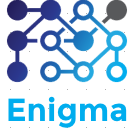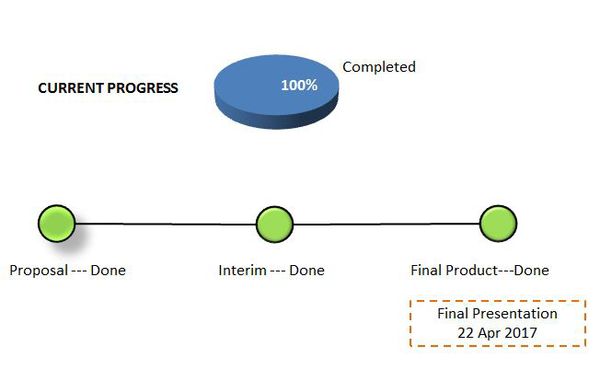ANLY482 Enigma Methodology
|
HOME |
Project Overview
Khoo Teck Puat Hospital (KTPH) is a 590-bed general and acute care hospital, managed by Alexandra Health System. Opened in June 2010, KTPH offers a comprehensive range of medical services and specialist care to the community in the north.
Every month, KTPH needs to manually prepare 25 reports based on 4 data files, each of which contains around 60k rows, and submit the reports to Ministry of Health (MOH). This brings in 3 major problems for the hospital.
Firstly, the process is very time-consuming. The staff needs to manually go through all the data records so as to identify any suspicious data records, and then contact relevant departments for verification. Only when all the suspicious data have been verified, the staff could then proceed to prepare the 25 reports based on different templates. It takes the hospital about 2-week time to verify the data and prepare the reports each month.
Secondly, the process is error-prone as it involves intensive manual works. Human errors are hardly avoidable.
Thirdly, the process is fairly tedious. The staff repeats the same procedures every month for data cleaning and report preparation. However, he could actually spends this amount of time for more intelligent works.
As such, our project will focus on automate the data cleaning and report generation process for KTPH, so as to improve the efficiency, accuracy and allow for better time-spending. Moreover, as currently there is a lack of data visualization for KTPH to view the changes in data records documented in reports; our project would also implement a dashboard for KTPH to view the important changes in data records.
Project Motivation
In recent years, digital disruption in every aspects of the commercial world has been prevailing. The ever-increasing trend of digital transformation can be attributed to the widespread adoption of business intelligence and data analytics approaches. Both of which are essential in facilitating organization’s decision-making process and effectively bridging the gap between IT capabilities and business functions. In Singapore’s context, Smart Nation initiative effectively drives adoption of data analytics among industry partners by harnessing the power of data technologies to create substantial business benefits.
In a sense, the rising industry needs drive employers to look out for individuals capable of drawing insights from numerous amount of data in seek of restructuring and optimizing ongoing business processes. As a group of graduating analytics students looking for hiring opportunities, our skills developed so far are mostly in line with market needs, which sparked off our desire to embark on a career in analytics.
Specifically for this project, we could have a good opportunity to learn and practice R language, which we haven’t systematically learnt in other modules. R is definitely important in data science because of its versatility in the field of statistics. It can be used for various data analysis works and it supports data visualization. It has many associated tools (i.e. Rstudio, R Markdown) and powerful libraries. Building up competence in R would greatly help us pursue a career in data analysis.
Analytics Practicum project not only provides us with a hands-on experience on solving a real-life business problem with analytics methodologies. Most importantly, it draws linkage between skills developed through multiple courses so as to construct an integrated analytics solution. We hope to go beyond ‘low-hanging fruits’ like, simple model construction with numerous assumptions. Rather, we believe that the ‘touch-and-feel’ experience on analytics project lifecycle, will get us further down our career path in the near future.
Project Objectives
1. To automate the data cleaning process according to the required procedures for Specialized Outpatient Clinic (SOC), Acute and Emergency (A&E), and Inpatient (Inpt) data files. To generate clean data and pick out all the dirty data into two separate data files.
2. Use the clean data to generate the monthly reports automatically for Ministry of Health (MOH) in the standard format.
3. To analyze the monthly performance data and use data visualization to present the meaningful insights.

